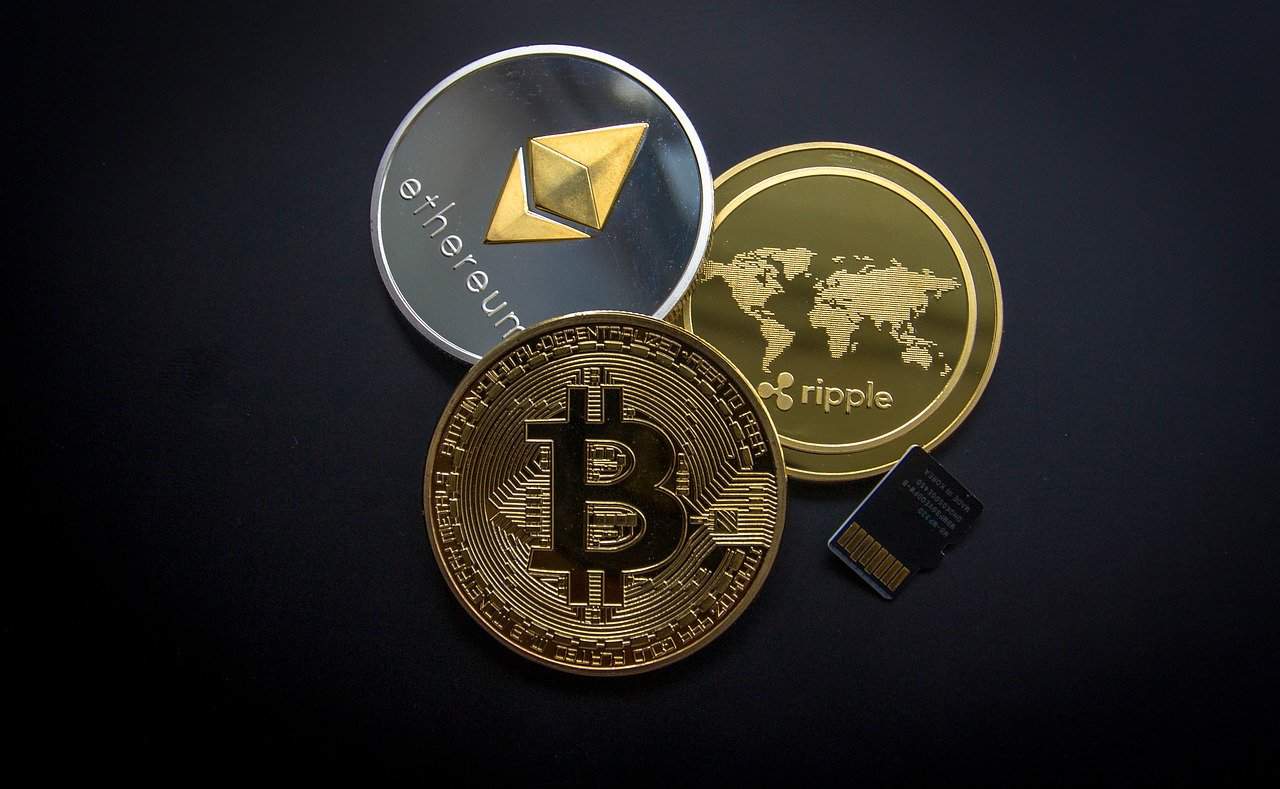Join Our Telegram channel to stay up to date on breaking news coverage
Let’s start by explaining the difference between various types of transactions.
Cash is quite affordable when it comes to providing privacy and anonymity. When we pay in cash, we’re always anonymous, no one asks for any data for inspection, no one records who bought the goods and how much more money there is.
On the other hand, when we pay via bank transfer, the bank always has an insight into all transactions and account balances. In addition, inexperienced users of online payments can sometimes get into trouble, the more serious of which can be money theft, while the most common may be the storage of private information by large centralized eCommerce companies.
Online payments are increasingly used, and in some countries, they have almost completely replaced cash payments. It just means that, collectively, we need to raise security awareness when paying online.
The next level of online payment is cryptocurrencies that are supported by blockchain technology. Contrary to expectations, there aren’t many cryptocurrencies that provide two of the most important features – anonymity and privacy of data. Even Bitcoin doesn’t provide anonymity as we usually think at first. Bitcoin provides pseudo-anonymity and transparency of transactions.
On the other hand, there are a number of cryptocurrencies and projects that take care of data privacy thanks to the additional development of blockchain.
Level 1 – Bitcoin
In the case of Bitcoin, it’s important to remember once again that the Bitcoin network provides pseudo-anonymity and transparency of information. This information, in the case of Bitcoin and other transparent currencies, is above all the number of coins – that are bought by determined Bitcoin prices – sent. Then, comes the number of remaining coins. Also, the history of the coins, from where they were sent, and the time of sending are included in the info.
Both the sender and the recipient of the coin can see this information. So, anyone who knows where to look has all the data at the disposal. On the other hand, the regular user is unable to see the real identity of a person. In order to find it out, you need skills at a higher level, which include monitoring payments from this public address and connecting activities and behaviors on the Internet. Even then, it isn’t easy to track it down.
Bitcoin, according to this, doesn’t belong to the group in which anonymous cryptocurrencies fall, but it’s certainly the first project that went in that direction.
Level 2 – Monero
Monero is the first cryptocurrency that gives anonymity to its users. Bitcoin served as model in the creation of Monero. The basic difference is that Monero provides complete anonymity and privacy. The mechanism through which it does this is specially designed blockchain. The system “embedded” anonymity and privacy into itself. So-called ring signatures and temporary addresses make all this possible.
In any case, none of the random observers can see who’s sending the transaction, to whom it’s addressed, how many coins are being sent, and so on. The downside of Monero is that its coin distribution model is the same as with Bitcoin, so most coins have already been mined. The sole purpose of Monero comes down to one feature – a means of payment like most other crypto coins.
Level 3 – Safex
Compared to Monero, Safex operates on a similar principle. What’s different is the goal of Safex. While the Monero project is designed to be one of many means of payment, Safex was created with the idea of being an eCommerce platform on which transactions will be under the veil of privacy and anonymity. That’s necessary for free trade.
As the platform is decentralized, no central entity or random observer will have an insight into what, when, and from where it’s purchased. In this way, the customer is protected from potential fraud and data collection, which aren’t uncommon in the world of online shopping.
Additionally, a technology used by Monero is employed by Safex, too – users are anonymous, all transactions are protected, and user data is private.
Thanks to a simple wallet application, Safex is quite simple for sending and receiving its own tokens and cash. Monero doesn’t provide that. This way, everyone who buys on the Safex eCommerce platform, or just make transactions with each other, will be anonymous, the data will be private, and the purchase secure. The final development of the Safeks eCommerce platform is underway.
Conclusion
Whatever payment method you choose in the online environment, do your best to be as safe as possible, follow some of the steps we listed above, and keep in mind what’s possible in the online world.
Just because everything is at our fingertips online, it doesn’t mean the online world is safe; just because we have nothing to hide doesn’t mean we shouldn’t protect what we already have. Anonymity, privacy, and security will increasingly be the focus of users in the future, and it should be your focus as well.
Read more:
- Bitcoin and the Emergence of the Privacy-Focused Internet
- Ethereum-Based Veil is Shutting Down, Describes Its Future Plans
Join Our Telegram channel to stay up to date on breaking news coverage


